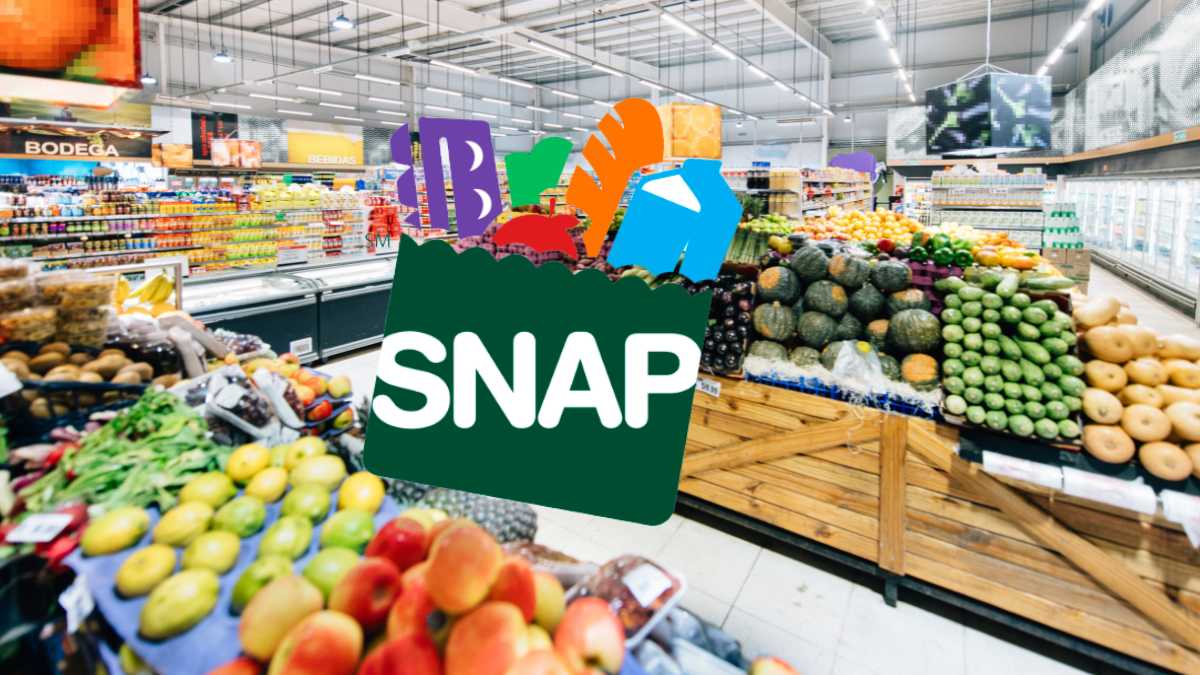The Food Stamps is a federally funded initiative administered by the United States Department of Agriculture (USDA). However, in Texas, the program is managed by the Texas Health and Human Services Commission (HHSC). The purpose of SNAP is to provide low-income families with financial assistance to access nutritious food, ensuring that they can maintain a healthy and balanced diet.
Through SNAP, eligible individuals receive funds that can be used to purchase a variety of food items, including fruits, vegetables, proteins, grains, and fats at approved retail locations. It’s important to note that not all products qualify for purchase under the program.
The Lone Star Card: How SNAP benefits are distributed in Texas
Beneficiaries are prohibited from using their benefits to buy alcohol, tobacco, hot foods prepared for immediate consumption, gasoline, household bills, or other non-food items. Violating these rules can lead to the suspension or termination of benefits and may result in legal consequences.
In Texas, SNAP benefits are distributed via the Lone Star Card, which functions as an Electronic Benefit Transfer (EBT) card. This card operates similarly to a debit card, with the HHSC depositing SNAP benefits into the account each month. In addition to SNAP benefits, the Lone Star Card also handles disbursements for the Temporary Assistance for Needy Families (TANF) program.
Beneficiaries can use the Lone Star Card at authorized retailers to purchase qualifying food items once their funds have been deposited. Payments are made throughout the month, following a schedule that depends on the recipient’s Eligibility Determination Group (EDG) number, which is listed on official SNAP documents.
SNAP payment dates for October 2024
In Texas, SNAP payments are distributed across several days each month, rather than all being issued on the same day. For October 2024, payments will be made between Tuesday, October 1, and Monday, October 28. The exact date a beneficiary receives their funds is determined by the last two digits of their EDG number.
Below is the SNAP payment schedule for Texas in October 2024, based on EDG numbers:
- EDG 00-03: October 1
- EDG 04-06: October 2
- EDG 07-10: October 3
- EDG 11-13: October 4
- EDG 14-17: October 5
- EDG 18-20: October 6
- EDG 21-24: October 7
- EDG 25-27: October 8
- EDG 28-31: October 9
- EDG 32-34: October 10
- EDG 35-38: October 11
- EDG 39-41: October 12
- EDG 42-45: October 13
- EDG 46-49: October 14
- EDG 50-53: October 15
- EDG 54-57: October 16
- EDG 58-60: October 17
- EDG 61-64: October 18
- EDG 65-67: October 19
- EDG 68-71: October 20
- EDG 72-74: October 21
- EDG 75-78: October 22
- EDG 79-81: October 23
- EDG 82-85: October 24
- EDG 86-88: October 25
- EDG 89-92: October 26
- EDG 93-95: October 27
- EDG 96-99: October 28
If you’re unsure about your EDG number, you can find it on any official SNAP correspondence in Texas.
What can you purchase with food stamps?
SNAP recipients in Texas can use their benefits to buy a wide range of food items. These include:
- Fresh or frozen fruits and vegetables
- Meat, fish, and poultry products
- Dairy items like milk, yogurt, and cheese
- Grains such as cereals, bread, pasta, and other grain-based products
- Canned or packaged foods intended for home consumption
However, there are clear restrictions on what cannot be bought with food stamps. Prohibited items include:
- Alcohol and tobacco
- Hot foods that are ready for immediate consumption
- Non-food items like cleaning or hygiene products
- Household bills, gasoline, or any other non-food-related goods
Misuse of SNAP benefits and its consequences
It is essential for SNAP beneficiaries to use their benefits strictly according to the established guidelines. Misusing food stamps, such as purchasing prohibited items or attempting to sell benefits to others, can lead to serious consequences.
The Texas Health and Human Services Commission takes cases of benefit misuse very seriously. If it’s discovered that a recipient is fraudulently using their benefits, they may face a suspension of their assistance, be required to repay the misused funds, or even face legal charges.

